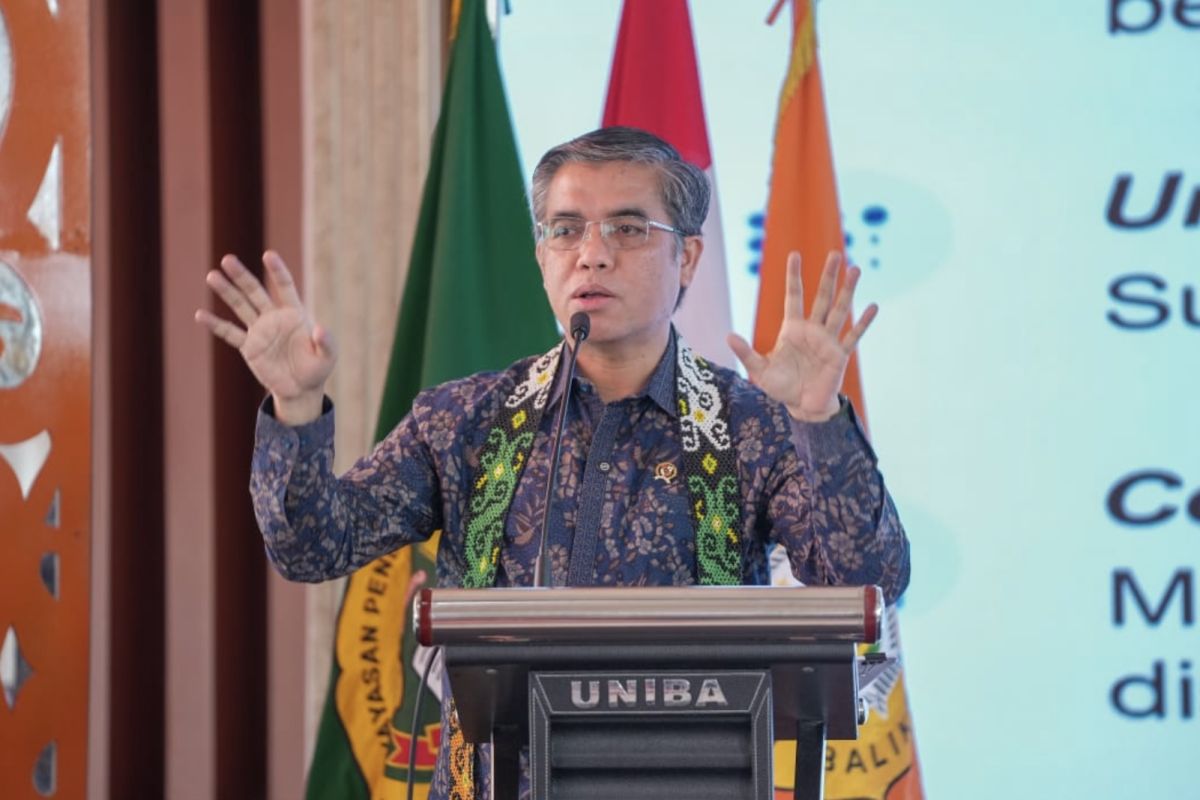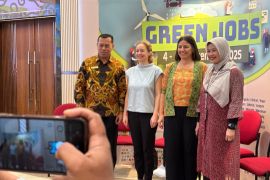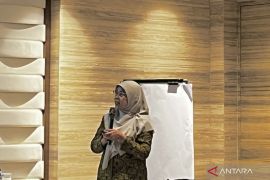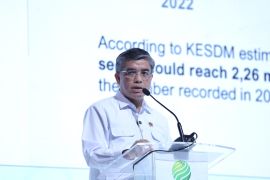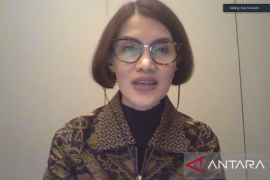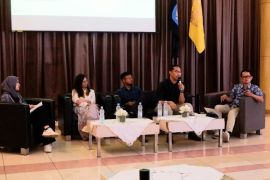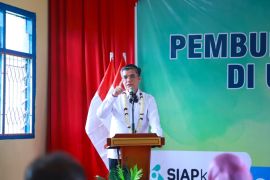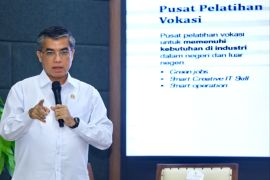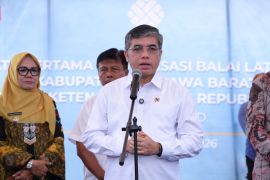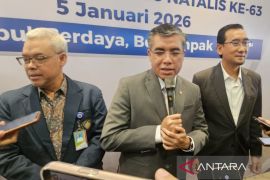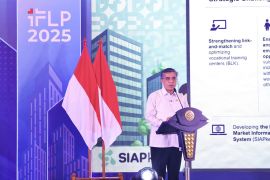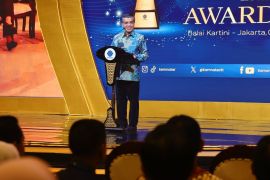In a statement issued here on Friday, he emphasized that the effort is crucial to meet future labor demands, particularly for green jobs.
He noted that the global shift toward green energy is inevitable and must be addressed collectively.
In this context, the Indonesian government remains committed to implementing the principle of a just energy transition, ensuring that no one is left behind.
"Our policies, both in training and workforce ecosystem development, aim to ensure that all stakeholders can adapt to these changes. No one should be left behind," Yassierli said.
The minister added that the transition to a fair and inclusive green economy offers vast opportunities for job creation while posing challenges for the readiness of the national workforce.
According to projections from the Ministry of National Development Planning, Indonesia will require around 1.5 million new workers in green sectors in the coming years.
"Green jobs are no longer an option, they are an obligation for us to prepare human resources capable of meeting future demands," he said.
Beyond the energy sector, Yassierli pointed out that opportunities for green jobs are also emerging in other areas, including waste and environmental management across all regions of Indonesia.
Earlier, the Ministry of National Development Planning launched Indonesia’s Green Workforce Development Roadmap to provide strategic direction, policy guidance, and a collaborative framework to ensure the country’s workforce is ready for the challenges of the green transition.
Preparing competent and adaptive human resources for the energy transition and green economy means equipping the workforce with the skills and adaptability needed to support a sustainable and environmentally friendly economy.
This process involves upskilling and reskilling programs, as well as training focused on green sectors such as renewable energy, waste management, and sustainable manufacturing. These efforts aim to ensure that workers are not left behind and can take advantage of new employment opportunities.
The energy transition refers to the shift from a fossil fuel-based energy system - relying on oil, coal, and gas - to one that utilizes renewable energy sources such as solar, wind, and hydropower.
Meanwhile, the green economy is an economic model designed to enhance social welfare and environmental sustainability through low-carbon, resource-efficient, and socially inclusive approaches.
The energy transition plays a crucial role within the green economy, as the energy sector has a significant environmental impact and serves as a key area for low-carbon innovation.
Related news: Govt crafts manpower roadmap to tackle energy transition job risks
Related news: Minister urges workers to prepare for AI, green industry shift
Translator: Arnidhya Nur, Raka Adji
Editor: Primayanti
Copyright © ANTARA 2025
